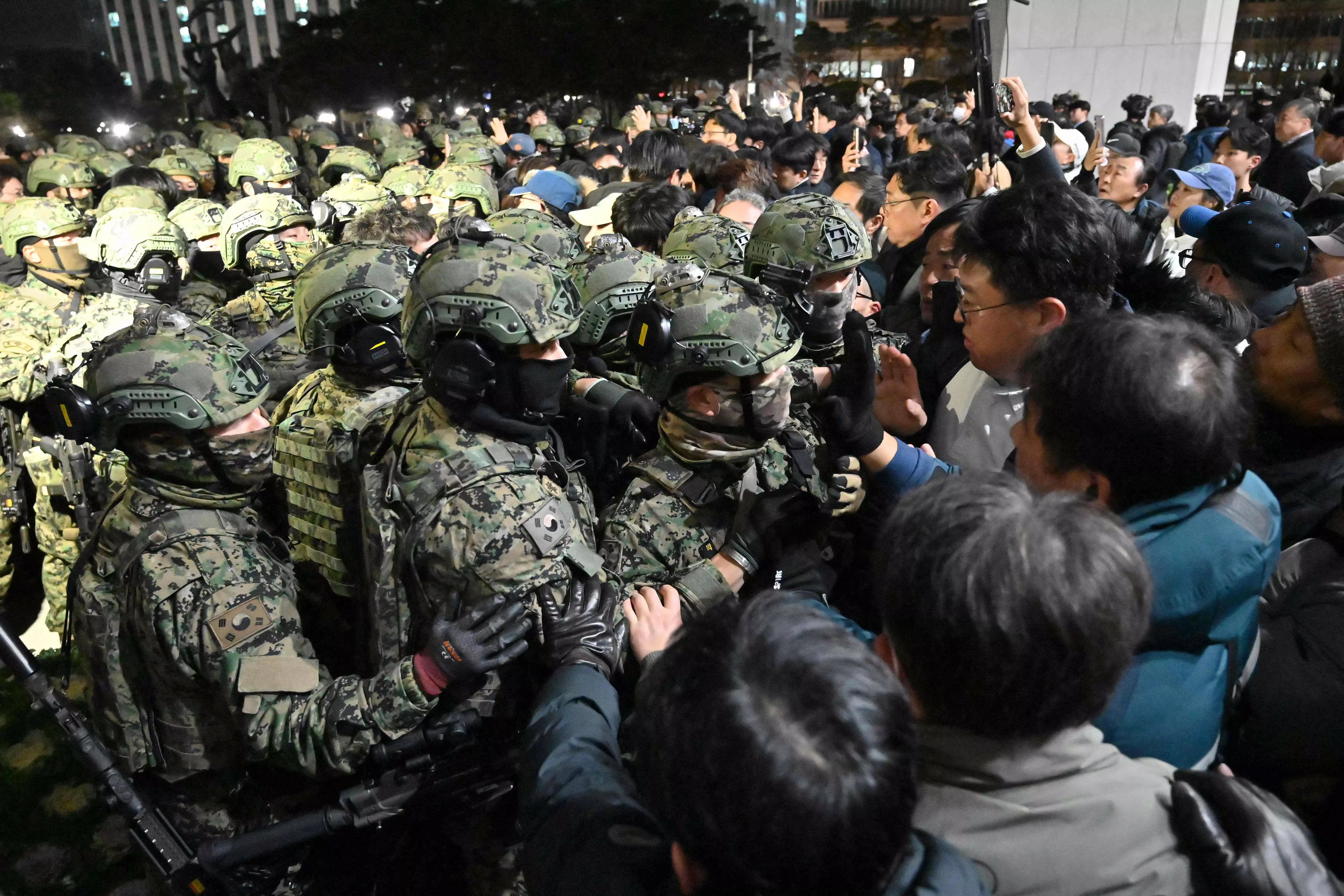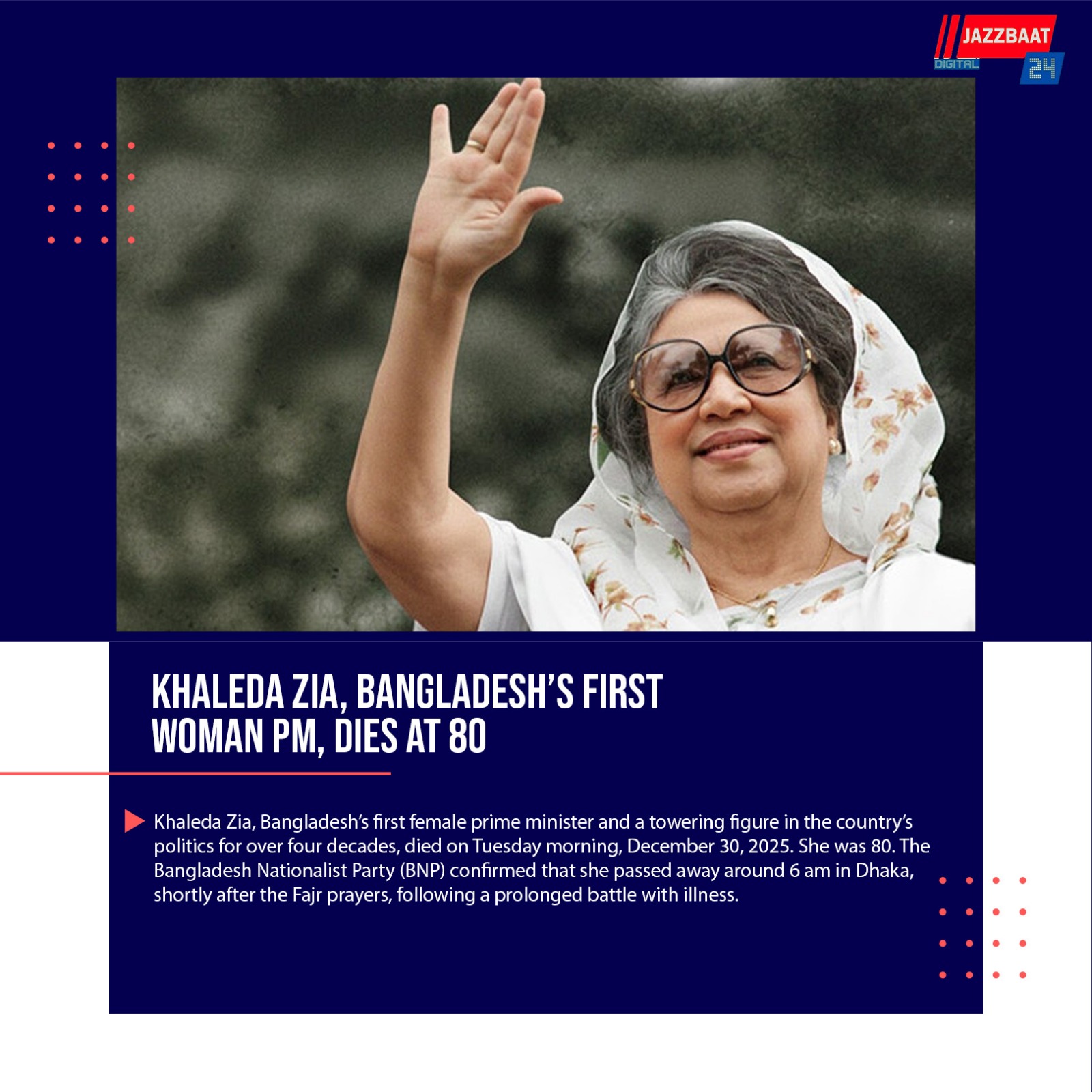South Korea’s Martial Law: A Step Backward for Democracy
In a historic move, South Korean President Yoon Suk-yeol has decided to lift the martial law imposed earlier this week after lawmakers overwhelmingly voted against it. The decision comes as a relief to citizens and political leaders alike, but questions remain about its lasting impact on South Korea’s democracy.
The president’s attempt to invoke martial law was met with widespread criticism, particularly from opposition parties and civil rights groups. Many saw the move as a dangerous overstep, reminiscent of authoritarian regimes that have ruled South Korea in the past. The military’s involvement in civilian affairs has long been a contentious issue, and this proposal stirred fears of a rollback in democratic freedoms.
Despite the president’s claims that the martial law was necessary to maintain public order, it raised concerns about the erosion of civil liberties and the centralization of power. Lawmakers’ swift rejection of the measure was a resounding message that the people’s voices and freedoms should not be compromised in the name of security.
While the lifting of martial law may have temporarily calmed tensions, the public's trust in the government has been shaken. The episode serves as a reminder that the preservation of democracy requires vigilance, respect for institutions, and a commitment to upholding individual rights. South Korea’s political future may hinge on how its leaders handle these challenges in the coming months.





